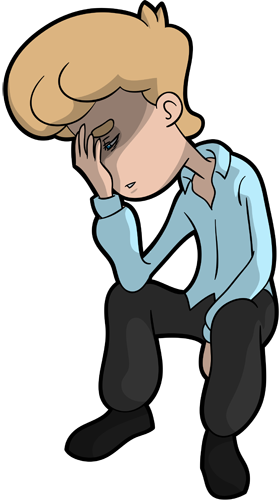Adverse Effect in One-Third of Prescription Medications is Depression

 Mental Health and Depression | The Prevalence of depression is higher for adults reporting use of multiple meds.
Mental Health and Depression | The Prevalence of depression is higher for adults reporting use of multiple meds.
The estimated prevalence of using medications with depression as an adverse effect is 37.2%, according to a study published in the June 12 issue of the Journal of the American Medical Association.
Depression and Mental Health | Dima Mazen Qato, PharmD, MPH, PhD, from the University of Illinois at Chicago, and colleagues analyzed five 2-year cycles of the National Health and Nutrition Examination Survey (2005-2006 through 2013-2014) for use of prescription medications with depression as a potential adverse effect.
The researchers found that 7.6% of the 26,192 adults reported depression. The overall estimated prevalence was 37.2% for use of medications with depression as an adverse effect, which increased from 35.0 to 38.4% from 2005-2006 to 2013-2014.  Reported use of 3 or more concurrent medications with a potential for depression as an adverse effect was estimated at 6.9% in 2005 and 2006 and 9.5% in 2013 and 2014. The number of medications used with depression as a possible adverse effect correlated with increased prevalence of concurrent depression, in analyses excluding antidepressant users.
Reported use of 3 or more concurrent medications with a potential for depression as an adverse effect was estimated at 6.9% in 2005 and 2006 and 9.5% in 2013 and 2014. The number of medications used with depression as a possible adverse effect correlated with increased prevalence of concurrent depression, in analyses excluding antidepressant users.
The estimated prevalence of depression was 15% vs 4.7% for those reporting use of 3 or more medications with depression as an adverse effect vs those not using such medications.
"Use of multiple medications was associated with greater likelihood of concurrent depression," the authors write.


